The Australian Skills Quality Authority (ASQA) has presented the long-awaited ASQA Annual Report 2022-23 in the Australian Parliament on 19 October 2023.
ASQA’s report highlights its vital role in ensuring the consistency and high quality of vocational education and training nationwide. The report data reflects the agency’s performance and achievements during the year and outlines its vision for the future of vocational education in Australia.
ASQA’s Mission and Achievements
ASQA’s mission is clear: to regulate and support the vocational education and training sector, fostering excellence and quality. In 2022-23, ASQA was steadfast in its commitment to this mission and achieved all five of its strategic objectives, guided by regulatory best practice principles. These principles include continuous improvement, building trust, being risk-based and data-driven, and fostering collaboration and engagement.
Throughout the year, ASQA demonstrated its adaptability and responsiveness to government priorities. This agility enabled the agency to utilise education, compliance, and enforcement tools to ensure continuous improvement and address risks effectively.
Moreover, as Australia emerged from the challenges posed by the COVID-19 pandemic, ASQA worked tirelessly with stakeholders to adopt pragmatic approaches while upholding essential safeguards.
ASQA’s Performance in 2022-2023: Key Highlights from the Annual Report
The ASQA Annual Report 2022-23 highlights ASQA’s remarkable efforts and progress. Some key takeaways from the report include:
1. Supporting Self-Assurance
ASQA actively encouraged self-assurance among vocational education providers to enhance the sector’s capacity for excellence in training outcomes. By fostering a culture of self-improvement, ASQA aims to create a more vibrant and resilient vocational education landscape.
- ASQA’s regulatory approach actively promotes a culture of self-assurance and continuous improvement.
- In the 2022-23 fiscal year, ASQA achieved a 78% satisfaction rate among providers who agreed that regulatory tools and practices support them in self-assuring and continuously improving their operations, surpassing the 75% target.
- The agency’s published insights about risks and the outcomes of risk treatments received a 78% approval rate from providers, further aiding them in self-assuring their operations.
Empowering Providers
- ASQA harnessed its wealth of data and regulatory insights to identify common areas of non-compliance. These insights formed the basis for educational initiatives to promote self-assurance within the sector.
- ASQA reinforced this by enhancing guidance materials and educational tools to assist providers in addressing operational risks and improving the quality of VET delivery.
The Road to Self-Assurance
In 2022, ASQA initiated a co-design process with the sector to develop a model for self-assurance, a process marked by continuous refinement culminating in articulating principles reflecting a shared understanding of self-assurance.
Notably, the Department of Employment and Workplace Relations (DEWR) released a draft version of the revised Standards for Registered Training Organizations (RTOs) 2015. These revised standards underscore the need for providers to monitor, evaluate, and continuously improve training outcomes, aligning closely with ASQA’s work on self-assurance.
2. Identifying Regulatory Risk Priorities
The agency employed various methods to identify Regulatory Risk Priorities, including environmental scans, stakeholder engagement, complaint assessments, and intelligence reports. This data-informed approach ensured that ASQA’s regulatory actions were strategic and well-informed. Information on the Regulatory Risk Priorities was transparently published to support providers in understanding potential concerns and self-assuring their operations concerning these risks.
- ASQA’s regulatory efforts were marked by a substantial increase in assessment and monitoring activities, resulting in a total of 831 activities completed. ASQA conducted 236 performance assessments of providers, of which 195 identified non-compliance at the performance assessment stage. However, 99 of these providers demonstrated their understanding of their regulatory obligations and returned to compliance in a sustained manner.
- In the 2023 ASQA Provider and Course Owner Survey, 89% of respondents stated they used ASQA education and information products to support compliance, self-assurance, and continuous improvement, and 87% expressed satisfaction with the quality of ASQA’s education and information.
- The survey also measured the clarity of ASQA’s feedback, where 72% of applicants and 68% of providers indicated that the feedback was clear and supported an improved understanding of their performance. While these results slightly fell short of the 75% target, they established a benchmark for future improvements.
- ASQA’s risk-based educational materials heightened awareness of systemic sector risks and provided resources to help providers mitigate these risks. Among providers and course owners, 76% used ASQA education and information, with 98% finding these products moderately helpful.
3. Transparent and Accountable Regulatory Approach
ASQA is committed to maintaining high standards in vocational education and training and is dedicated to transparency and accountability in its regulatory approach.
ASQA’s commitment to transparency and accountability is evident in its performance achievements:
- Transparency of Regulatory Approach
ASQA’s Regulatory Risk Framework and Regulatory Operating Model are publicly available on its website. In the 2023 ASQA Provider and Course Owner Survey, 64% of respondents agreed that ASQA’s regulatory approach was transparent and accountable, a 4% increase from the previous year.
- Accessibility of Regulatory Activity and Performance
ASQA reported its performance against service standards and the Standards for VET Regulators 2015. ASQA met the requirement to conduct audits of registered providers within two years of their registration in 100% of cases in the reporting period.
- Access to Regulatory Decisions
ASQA publishes its decisions on the National Register on a fortnightly basis. Information about provider performance is made available to enable students and employers to make informed choices.
- Sector-Wide Performance:
ASQA publishes a summary of its findings regarding all providers’ performance against the Standards.
Trends in complaints received about registered training providers are analysed and reported on.
- Reporting on Regulatory Reform
ASQA has implemented 15 of the 24 Rapid Review recommendations.
Major projects are underway to address the remaining recommendations, including implementing the new Standards for Registered Training Organizations (RTOs) from 1 January 2025.
- Performance Analysis
ASQA’s performance against its service standards improved in several areas, including the timely provision of reports and decisions. While not all targets were met, ASQA is committed to continuous improvement. Efforts to enhance transparency and accountability include a new Service Charter, revised service standards, and the development of a quarterly Regulation Report.
ASQA’s work to increase the quality and transparency of data includes the development of a secure cloud-based data lake and participation in the VET Data Streamlining (VDS) program, which aims to standardise reporting and streamline data submission.
The remaining Rapid Review recommendations are being incorporated into major projects to be delivered in the coming years, aligning with ASQA’s commitment to best practice regulation.
4. Collaborative Approach to Improving Regulatory Outcomes
In VET, collaboration and transparency are key to ensuring the highest quality and performance standards. ASQA takes this principle to heart, as evidenced by Strategic Objective 4 in their 2022-23 Annual Report. This objective focuses on ASQA’s commitment to engaging, consulting, and partnering with stakeholders to enhance regulatory outcomes.
- Providing Access to Regulatory Information
ASQA understands the importance of transparency in the regulatory process. The authority publishes its Regulatory Risk Framework and Regulatory Operating Model annually to ensure that stakeholders can access essential information about ASQA’s regulatory approach. These documents offer a detailed insight into how ASQA assesses and addresses risks within the vocational education sector.
- Performance Reporting and Accountability
Accountability is crucial in any regulatory body. ASQA demonstrates its commitment to this by publishing annual reports on its performance against ASQA service standards and the Standards for VET Regulators 2015. This practice enables stakeholders, including registered training organisations (RTOs), to gauge A QA’s effectiveness in upholding regulatory standards.
Moreover, ASQA further ensures that the Australian community can access information about its regulatory decisions. By annually publishing information about provider performance, ASQA empowers students and employers to differentiate between various providers. This transparency supports the community in making informed choices regarding their educational and training needs.
- Sector-Wide Insights
ASQA doesn’t stop at individual provider assessments but aims to provide a broader perspective on sector-wide performance. To achieve this, the authority publishes an annual summary of its findings regarding all providers’ performance against the Standards. Additionally, ASQA rigorously analyses and reports on trends concerning complaints received about registered training providers each year, contributing to a more comprehensive understanding of the sector.
- Engagement Beyond the Classroom
ASQA’s commitment to stakeholder engagement extends well beyond publishing reports. The authority hosts the Roundtable, chaired by its CEO, which includes senior representatives from various education and training organisations. The outcomes of these meetings and the terms of reference are publicly available on ASQA’s website, ensuring transparency in decision-making processes.
The agency actively participates in VET-related conferences and collaborates with various stakeholders. The Quarterly Meetings with VET regulators, as outlined in the memorandum of understanding with other authorities, promote practical cooperation and information exchange. International student feedback and intelligence are also actively shared through engagement with the Commonwealth Ombudsman.
- Educational Resources and Advocacy
In 2022-23, ASQA produced a variety of educational resources for providers, including videos, web updates, guidance materials, and news articles. The authority’s active participation in steering committees and working groups with other departments underscores its commitment to collaborative efforts to strengthen quality standards for registered training organisations.
ASQA’s contributions to parliamentary committees and cross-portfolio working groups, including the Joint Standing Committee on Foreign Affairs, Defence, and Trade inquiry into Australia’s tourism and international education sectors, highlight its active participation in shaping policies and regulations to benefit the vocational education sector.
5. Continuous Improvement to Enhancing Quality and Efficiency
ASQA focuses on adding value, efficiency, effectiveness, and a commitment to ongoing improvement.
- Delivering Value and Efficiency
One of the most telling indicators of ASQA’s effectiveness is the 2023 ASQA Provider and Course Owner Survey. It revealed that 67% of respondents agreed or strongly agreed that ASQA adds value, is efficient, effective, and continuously improves – a slight improvement from the previous year. These high-level survey results are publicised on ASQA’s website, emphasising transparency in the regulatory process.
ASQA has taken significant steps towards full cost recovery since 1 July 2022. It established a Cost Recovery Working Group to support and review this model. This demonstrates a commitment to ensuring their regulatory activities are cost-effective and sustainable.
- Digital Transformation for Efficiency
ASQA’s Digital Transformation Program is a cornerstone of its efficiency and continuous improvement efforts. Throughout 2022-23, this program introduced new and improved technologies to enhance regulatory outcomes. What makes this program particularly noteworthy is its human-centred design approach, ensuring that these technologies meet users’ needs. This not only improves operational efficiency but also enhances the user experience.
The program’s focus on improving customer relationship management capabilities and supporting course accreditation and Service Desk functions is vital. It’s not just about adopting innovative technologies but ensuring they are put to practical use.
- Driving Continuous Improvement
ASQA’s commitment to continuous improvement goes hand in hand with its Regulatory Operating Model, which was co-designed with stakeholders. The objective is to drive better performance within ASQA and the vocational education sector while adhering to standards and strongly focusing on provider self-assurance.
The digital enhancements implemented by ASQA have improved the quality and efficiency of interactions with regulated entities and applicants. This co-designed approach fosters better communication and alignment with stakeholders, benefiting the entire sector.
The 2023 ASQA Provider and Course Owner Survey results reaffirm ASQA’s dedication to achieving its strategic objectives. The governance structure of the Digital Transformation Program, with the right stakeholders engaged at the proper levels, plays a crucial role in ensuring that ASQA continually enhances its performance and remains effective.
Conclusion: ASQA’s Dedication to Excellence
The ASQA Annual Report 2022-23 is an essential guide to the state of vocational education in Australia and the path forward. ASQA’s commitment to quality, collaboration, and adaptability is evident throughout the report.
ASQA’s performance throughout the year demonstrated its dedication to safeguarding VET quality and student welfare. The agency actively managed risk and increased regulatory action for higher-risk providers.
With a focus on continuous improvement, regulatory excellence, and innovation, ASQA is poised to lead the charge in ensuring that vocational education in Australia remains relevant, high-quality, and responsive to the needs of students and the job market.
The journey continues, with ASQA at the helm, guiding the path to a brighter future for VET.
Download the complete ASQA Annual Report 2022-23 to explore further insights and details. Check out our blogs for more VET updates and developments.



